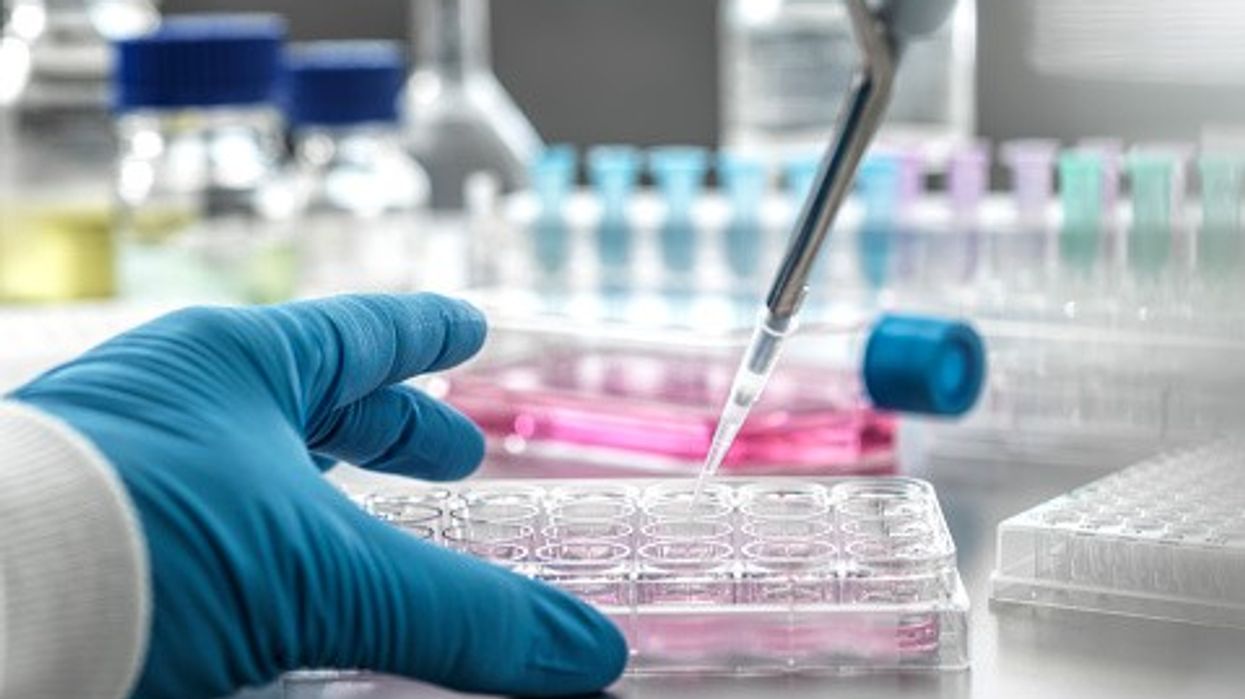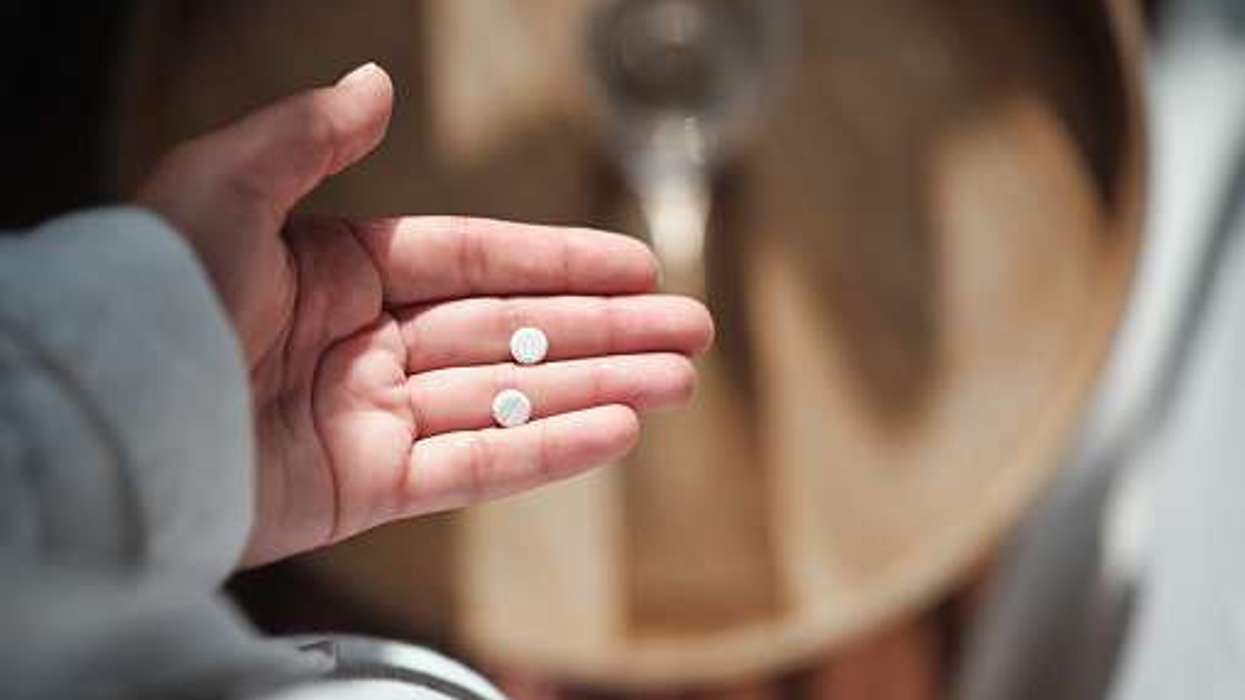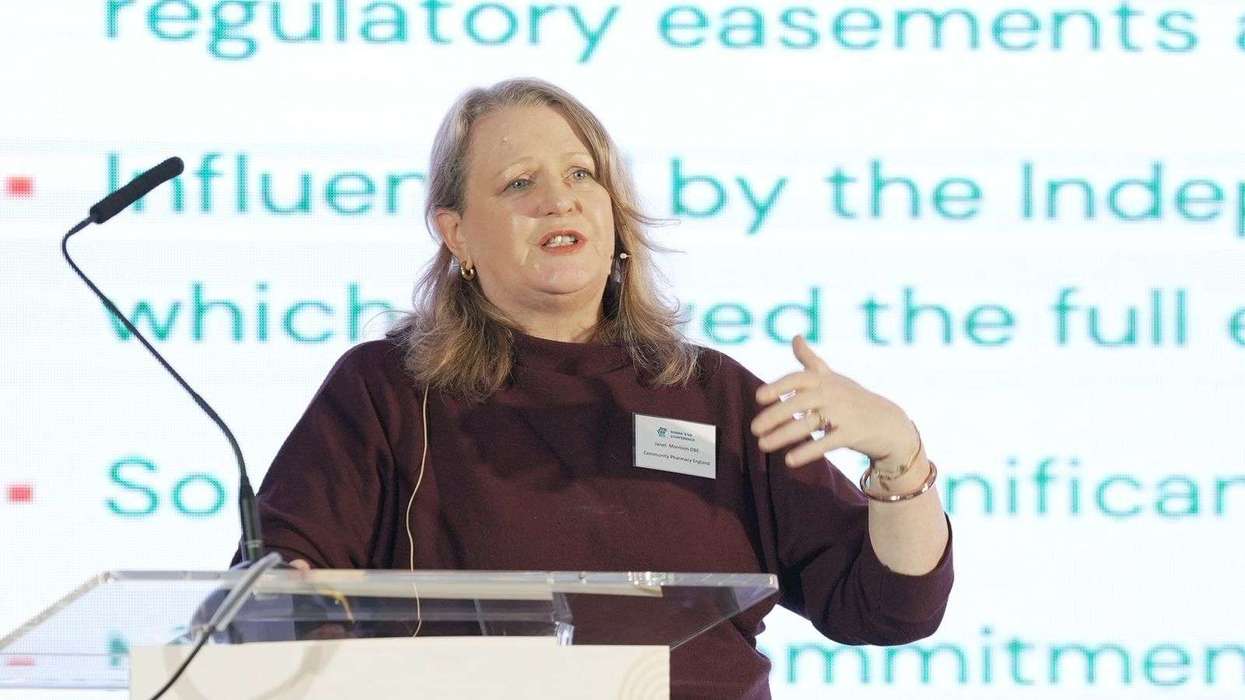Key Summary
- The UK’s share of global health research and development investment has fallen from 7.3 percent to 5.7 percent over three years
- Drug companies want Nice to increase its cost-effectiveness threshold, which is lower than other countries
- UK's total healthcare spend on medicines is 9 percent, compared to 17 percent in Germany and Italy and 15 percent in France
Pharmaceutical companies claim they will have to move investment out of the UK, unless the government commits to spending more on medicines.
The UK’s share of global health research and development investment has fallen from 7.3 percent to 5.7 percent over three years.
The UK president of AstraZeneca, Tom Keith-Roach, said it was “hard to champion” the country as a place for investment and research.
Drug companies want the National Institute for Health and Care Excellence (NICE) to be overhauled and call for a review of its cost-effectiveness threshold.
Nice has rejected some new medicines by terming them as too expensive, but pharma companies point out that the threshold has not changed for 25 years and was way below its international peers.
Hence, NHS patients are deprived of some effective new drugs that are available in other countries.
Pharma companies claim this was also restricting their ability to run drug trials in the UK, as new drugs need to be compared against the best existing ones.
They said the UK's total healthcare spend on medicines was 9 percent, compared to 17 percent in Germany and Italy and 15 percent in France.
Novartis UK president Johan Kahlström told The Times that it was “very difficult for global boardrooms to justify investments in the UK”.
He cites the Nice threshold and the rebates imposed on drug companies under the voluntary pricing and access scheme (VPAG), which requires them to pay back nearly a quarter of sales revenue, as the two major reasons.
The row over medicine pricing has escalated after US president Donald Trump pressured the US pharma companies to increase the cost of medicines overseas to stop Europe “freeloading on US innovation”.
Association of the British Pharmaceutical Industry chief executive Richard Torbett said the core issues affecting the UK's life sciences sector need to be addressed to stop the slide.
Unaffordable demands: Streeting
Health Secretary Wes Streeting has said the pharma industry was making unaffordable demands on the NHS.
He said the government would not be a “pushover” and that the pharmaceutical industry had left ministers with no choice but to end negotiations on pricing.
The health secretary accused the pharmaceutical companies of being “shortsighted” and undermining their relationships with the government.
The talks between the government and the Association of the British Pharmaceutical Industry (ABPI) broke down on Friday after the industry group failed to agree to government proposals for how much their revenues should be capped over the next three years.
The dispute centres around VPAG, under which the NHS sets its budget for branded medicines, and companies agree to pay back any revenues they make that go beyond that amount.
The scheme is designed to prevent the health service’s costs spiralling out of control.
But the ABPI had called for a review after it proved expensive for the drug companies.
Streeting told The Guardian, “The pharmaceuticals industry signed up to the [pricing] deal with the previous government. When it came out more expensive to industry than expected, we put forward an unprecedented offer to bring down payment rates for all future years of the scheme and accelerate growth in the sector – but the ABPI failed to reach an agreement."












